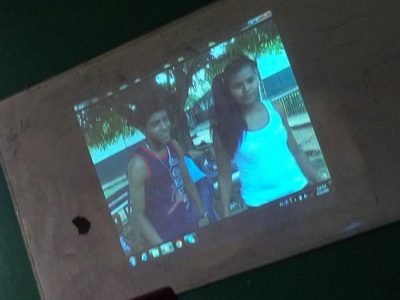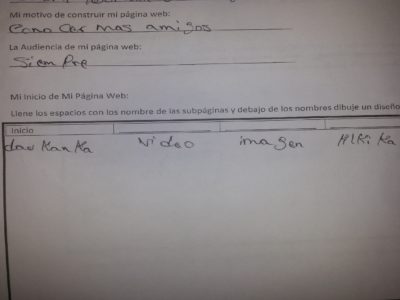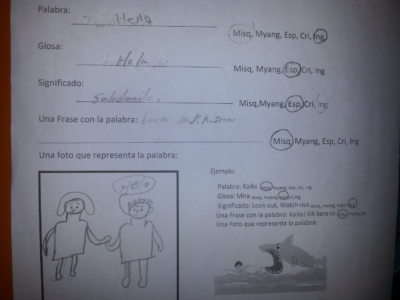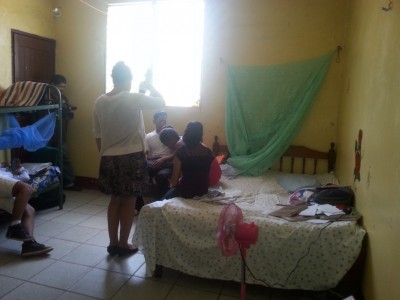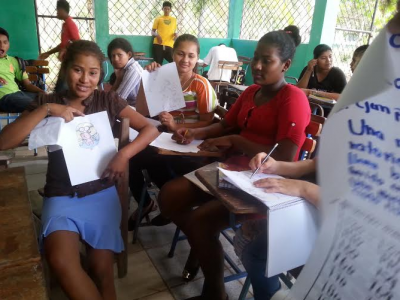Stories about Miskitus and Mayangnas on the Internet
Students Showcase Miskito and Mayangna Multimedia at Community Forums
This is the fifth article about the “Miskito and Mayangna on the Internet” project, grantee winner of the 2015 Microgrant call to support digital activism initiatives for indigenous languages. The project is being carried out in Nicaragua and seeks to strengthen local languages with the active participation of young people.
The First Steps Towards Creating Bilingual Websites in Nicaragua
This is the fourth article about the “Miskito and Mayangna on the Internet” project, grantee winner of the 2015 Microgrant call to support digital activism initiatives for indigenous languages. The project is being carried out in Nicaragua and seeks to strengthen local languages with the active participation of young people.
Perspectives on the Online Use of Languages in the Mayangna and Miskito Communities
This is the third article about the "Miskitu and Mayangna on the Internet" project, grantee winner of the 2015 Microgrant call to support digital activism initiatives for indigenous languages. The project is being carried out in Nicaragua and seeks to strengthen local languages with the active participation of young people.
From Making Videos to Digital Activism: Learning Experiences in the Mískitu and Mayangna Languages
This is the second article about the "Miskitus and Mayangnas on the Internet" project, grantee winner of the 2015 Microgrant call to support digital activism initiatives for indigenous languages. The project is being carried out in Nicaragua and seeks to strengthen local languages with the active participation of young people.
Strengthening the Miskitu and Mayangna Languages in Nicaragua Through Digital Media
This is the first post from the project "Miskitus and Mayangnas on the Internet", grantee winner to support digital activism initiatives in indigenous languages. The project is being carried out in Nicaragua, and seeks to strengthen local languages with the active participation of young people.

